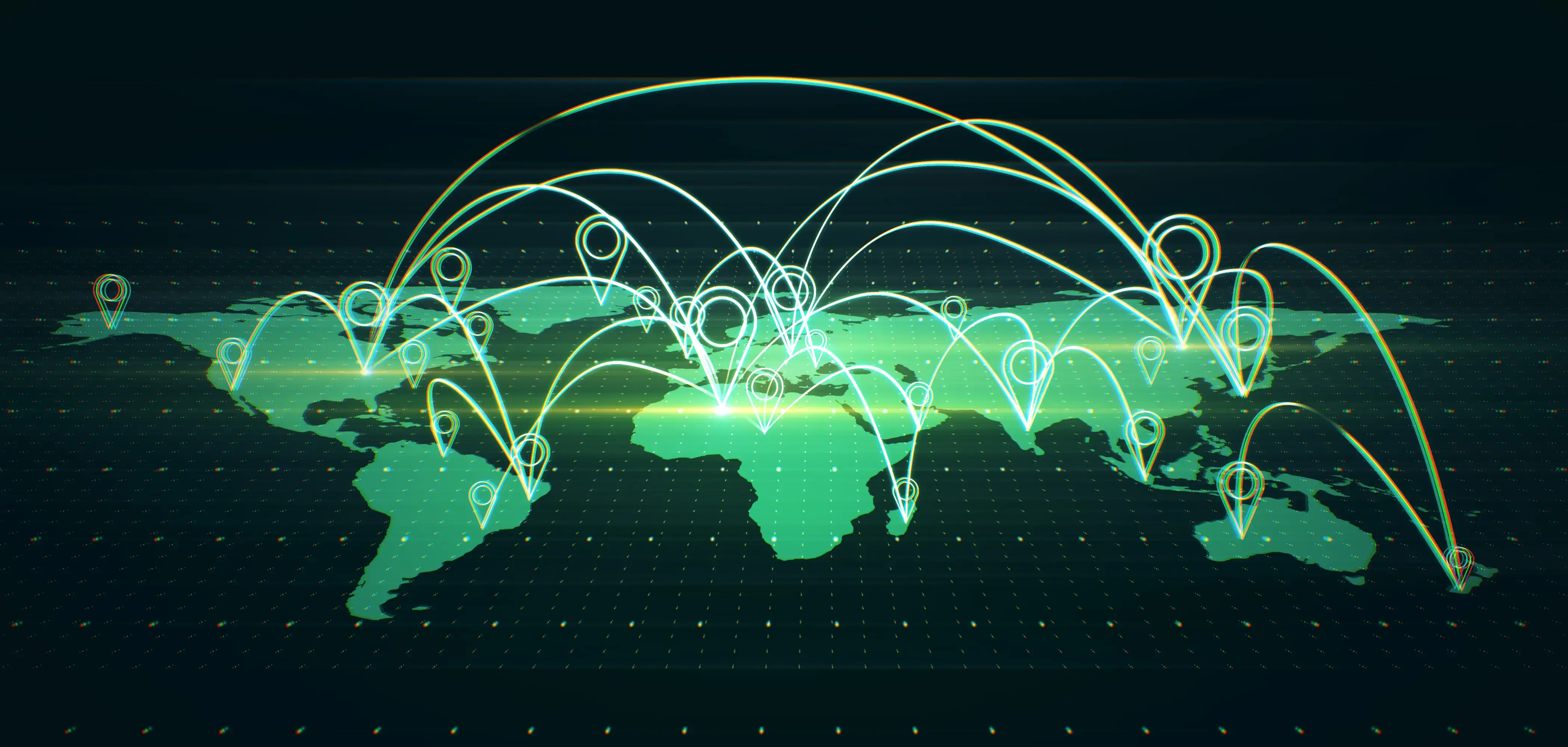Updated: Dec 20, 2024

“By 2025, cybercrime will cost the world $10.5 trillion annually, up from $3 trillion in 2015.”
This startling projection by Cybersecurity Ventures is a grim reminder of the escalating threat landscape facing businesses. This risk is magnified for India’s Global Capability Centers (GCCs), which contribute over $33 billion annually to the nation’s economy. As multinational corporations' backbone, GCCs manage sensitive data, intellectual property, and critical operations. A breach here would ripple across global supply chains.
In a cloud-first, hybrid-working world, GCCs are prime targets for cybercriminals. Traditional perimeter-based security models are proving rather useless against sophisticated threats. Enter Zero Trust Security - a paradigm shift in a volatile landscape.
The traditional model of cybersecurity operates on trust - once a user or device is inside the network, it is implicitly trusted. Zero Trust flips this on its head: trust no one, verify everyone, and continuously validate access.
According to Nasscom, India is home to over 1,700 GCCs, making it a global hub for IT services. This prominence attracts targeted attacks.
GCCs, as custodians of sensitive global operations, cannot afford to rely on legacy security systems. Zero Trust is no longer a matter of choice, it’s a matter of survival.
Unapproved apps and services used by employees - known as shadow IT - bypass traditional security controls. Cisco Umbrella provides DNS-layer security, blocking malicious domains before they can cause harm.
Statistic: 45% of GCCs reported incidents linked to shadow IT in the past year.
Hybrid Cloud, Unified Security
Cisco Nexus, integrated with hybrid cloud platforms, enables GCCs to maintain consistent security policies across on-premise and cloud environments. The ability to manage multiple platforms from a single pane of glass reduces complexity and enhances compliance.
Implementing Zero Trust is not just an IT initiative; it requires board-level buy-in. CXOs must champion the shift by aligning security with business goals.
Pro-Tip: Establish KPIs that measure not just security metrics but also business outcomes, such as reduced downtime or faster compliance audits.
The cyber threat landscape is evolving at breakneck speed. Technologies like AI and quantum computing could revolutionise both cyber defences and attacks. For GCCs, staying ahead will require continuous investment in cutting-edge solutions and partnerships with trusted technology providers like Cisco.
For India’s GCCs, the time to adopt Zero Trust is now. The cost of inaction - whether measured in financial losses, reputational damage, or lost opportunities - is too high. With Cisco’s comprehensive security portfolio, GCC leaders have the tools to secure their cloud-first operations and drive business success in an increasingly hostile digital world.
Ready to outpace cyber threats? Partner with Proactive Data Systems and Cisco to secure your GCC with cutting-edge, AI-driven cybersecurity solutions.